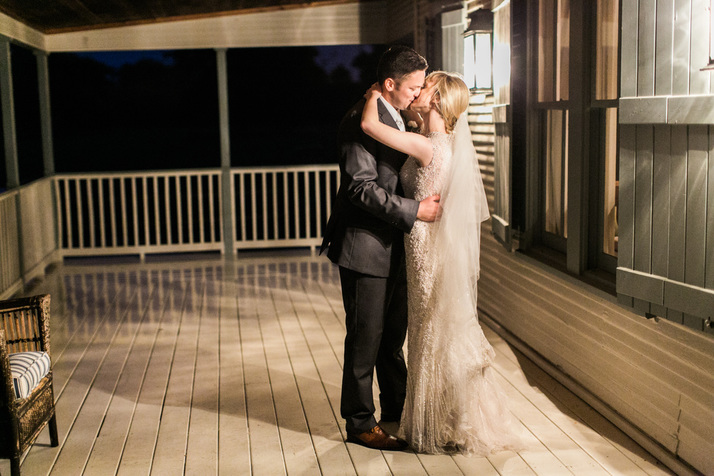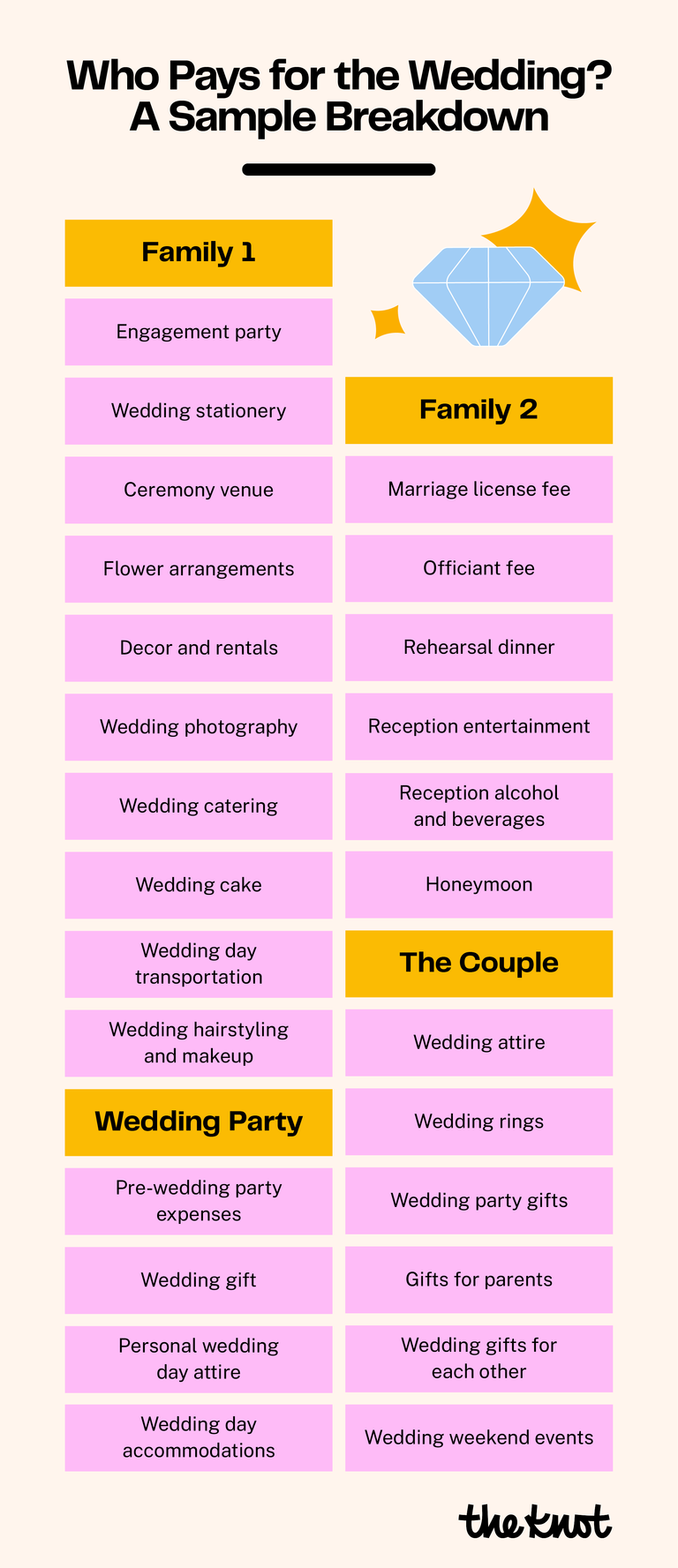Getting married can be an exciting yet stressful time when it comes to finances and budgeting. Traditionally, the bride’s parents pay for the wedding, but with changing cultural norms and couples getting married later in life, financial responsibilities have shifted.
The History of Wedding Costs and Traditions
In the past, the bride’s family paid for the entire wedding, including the ceremony, food, flowers, music, and more. This tradition originated from the idea that a dowry or “bride price” was necessary for the woman to get married. The bride’s family would essentially pay the groom to wed their daughter.
Of course, this notion is terribly outdated. However, the tradition of the bride’s family covering a significant portion of wedding costs persisted over time. Even just a few decades ago, the bride’s parents traditionally paid for everything wedding-related.
Who Traditionally Pays For What
Nowadays, traditions have changed, and so have cultural norms about finances, marriage, and gender equality. Here’s a breakdown of who traditionally pays for different wedding costs:
The Bride’s Family
- Wedding gown, accessories, and alterations
- Bridesmaids luncheon
- Wedding planner fees
- Ceremony expenses like an officiant and marriage license
- Musicians
- Florist and decorations
- Photographer and videographer
- Transportation on the wedding day
- Wedding cake
- Stationery like save-the-dates, invitations, programs, etc.
- Accommodations for out-of-town guests
The Groom’s Family
- Wedding rings for the couple
- Gifts for the bride and attendants
- Bachelor party expenses
- Officiant gratuity
- Corsages and boutonnieres
- Rehearsal dinner
- Bar/alcohol
- Honeymoon expenses
The Couple
- Wedding attire for groom and groomsmen
- Gifts for groom and groomsmen
- Marriage license
- Reception entertainment/DJ
- Favors for wedding guests
Who Pays Today: Changing Traditions
As cultural norms and financial situations for couples getting married have shifted, so have traditions about who pays for what. Some of the biggest changes include:
- Couples getting married later in life when they are more established and can afford to contribute more.
- More couples paying for majority or all of the wedding expenses themselves.
- Parents on both sides contributing, although bride’s family still traditionally contributes more.
- Family dynamics changing with more divorced/blended families.
Today’s couples are getting married older, paying their own way through college, managing their finances independently long before marriage, and overall contributing more. Even when parents can help pay, more couples are opting to fund the event themselves.
Tips for Splitting Expenses
For modern couples trying to determine how to split up wedding costs, here are some tips:
- Set a budget – Have an honest discussion about what you can each afford to contribute.
- Divide and conquer responsibilities – Determine which expenses will be covered by whom.
- Talk to parents early – Manage expectations about if/how families will contribute.
- Cover your priorities – If needed, cover more of the aspects most important to you.
- Fund jointly what you can – Contribute jointly instead of separately when possible.
What’s Really Important
At the end of the day, who pays for what is far less important than the marriage itself. If finances are tight, couples may need to scale back expectations or get creative about finding ways to cut costs yet still have a meaningful event.
From potluck backyard weddings to lavish hotel ballroom affairs, what matters is that two people who love each other are choosing to spend their lives together. Starting off a marriage in debt or with resentment over wedding finances is never wise. Find ways to compromise and set priorities that make sense for your relationship and financial situation.
While wedding traditions still influence some decisions, more and more couples today are defining their own rules. The expectations around who pays for what continue to evolve for the modern bride and groom.




